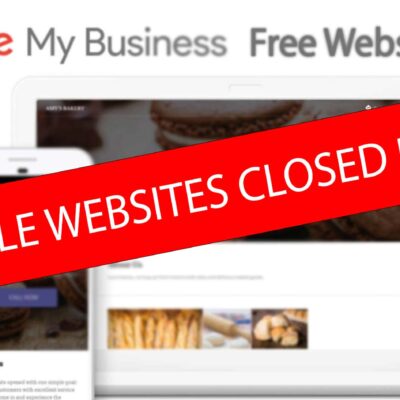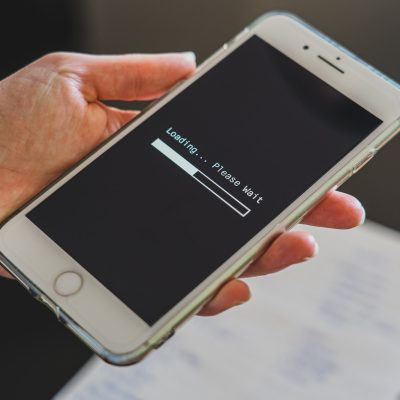
How’s your Facebook page performing for you these days? Have you noticed any reduction in fan engagement? Perhaps fewer likes, fewer comments, fewer shares? Have you noticed the “post-reach” numbers declining? Is your timeline behaving a bit like a ghost-town. Perhaps you’ve been wondering why? Most users and businesses have. The reason is simple: Facebook wants you to pay for your posts, just as you would advertising on Google, or in newspaper ads.
Organic reach – the percentage of people who’ve liked a page and who’ll see any given post by it – has been falling, leading to accusations that Facebook is deliberately showing fewer page posts in news feeds in order to force their creators to pay to promote them. Recent statistics are clear. Organic posts will not be getting through to your audience as much as they once did. Some say that organic reach has fallen to little more than 2% of your fan base. According to online social media statisticians Social Bakers, Average Post Engagement Rate in May 2014 was 0.33 % for the top 5 New Zealand businesses on Facebook.
The free ride and access to Facebook’s user base is coming to an end. Brands & businesses must now consider Facebook to be a ‘paid channel’ in their marketing budgets. This is because Facebook has changed the way it displays content, by prioritising what it thinks “people want to see in their news feeds”. Say goodbye to reaching the vast majority of your fan-base unless you’re willing to pay for it.
“Like TV, search, newspapers, radio and virtually every other marketing platform, Facebook is far more effective when businesses use paid media to help meet their goals. Your business won’t always appear on the first page of a search result unless you’re paying to be part of that space”, says Facebook’s Brian Boland.
Of course, Facebook have, through their PR, defended these actions. Declining organic reach, according to Boland, is partially a natural, unavoidable phenomenon. As Facebook has grown and mobile has made it easier for brands and users to post and share, the amount of content has drastically risen. According to Boland, if it were “unfiltered”, you’d be looking at 1,500 or more posts in your news feed. so, in order to ensure “high-quality” posts don’t get lost, a content ranking algorithm quietly works away in the background to determine what you should see. The “best” posts show to more people and higher up in their news feeds. Many observers feel that Facebook simply means “paid for” (or boosted posts) are now the new norm.
So what can you do? Is this the end of Facebook for business? There’s not much that you can do to beat Facebook at this new game. It’s not the end of Facebook for business – it simply means you’ll have to pay for it if you want to use it successfully. As usual, the room is divided when it comes to what you can do to maximise organic reach. Some “experts” argue that if you continue to create compelling, high quality” content, your fans that do see it are more likely to “share it”, hence creating a snowball effect which will trigger Facebook’s algorithm to apply its “magic touch” – positive weighting to your post – consequently displaying it to more fans. However, Boland himself has already intimated that “viral” content is unlikely to succeed as well as paid content.
Most commentators believe that if you truly value Facebook and the fan base that you’ve lovingly built up, you’ll need to spend money on it to continue reaching your audience.
Are there viable alternatives? Yes of course, although these depend on your goals: a well written website that is being indexed correctly by search engines is still the most important marketing tool for your business. Email marketing, twitter, instagram and other methods can all compliment your online marketing strategy.
At Purple Dog, we’ve a track record of delivering successful online marketing campaigns for our clients and would be happy to advise you on the best approach for your business, just get in touch.








